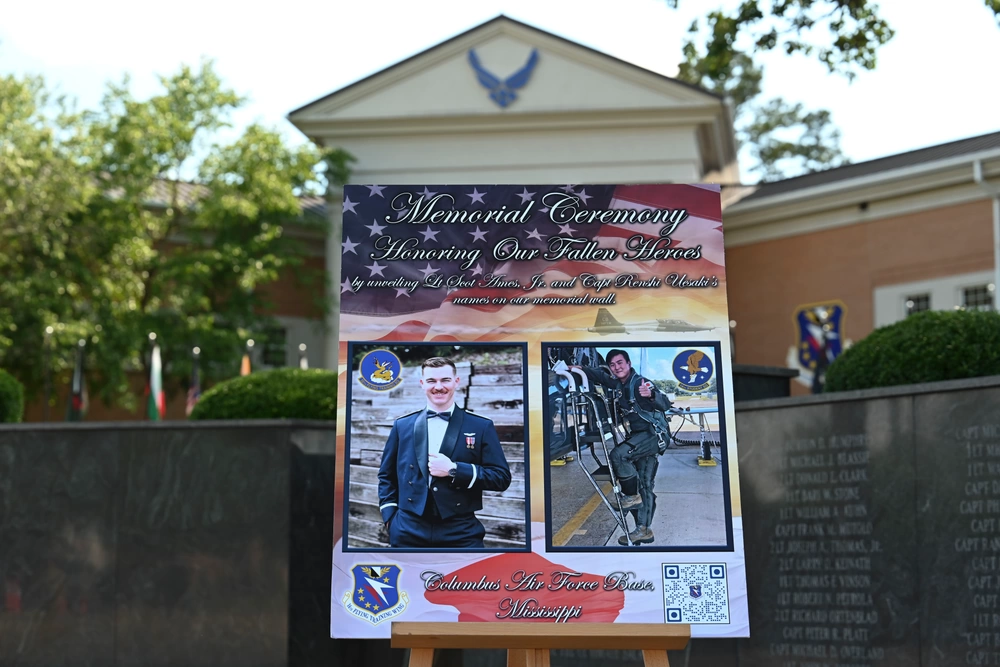This content explores the diverse military funeral customs across the globe. It emphasizes the significance of military funerals in paying tribute to those who have sacrificed their lives for their countries. The content provides examples from different countries, including the United States, United Kingdom, Japan, Israel, and Australia, highlighting their unique traditions and rituals during military funerals. It also emphasizes the universal sentiment of honoring fallen soldiers and the importance of understanding and appreciating these customs to foster unity and respect for servicemen and women.
Honoring the Fallen: Unveiling the Diverse Military Funeral Customs Across the Globe
The military funeral is a solemn event that pays tribute to those who made the ultimate sacrifice in service to their country. Across the globe, different nations have their own unique customs and traditions when it comes to honoring fallen soldiers. These practices, rooted in history and culture, offer a glimpse into the values and beliefs held dear by each country.
United States
In the United States, military funerals are deeply ingrained in the nation’s heritage. The ceremony typically includes a flag-draped casket, the playing of Taps, and a rifle salute. The folded flag is presented to the deceased soldier’s family as a symbol of honor and gratitude. Additionally, the Missing Man Formation is often performed by a formation of military aircraft as a poignant tribute to a fallen comrade.
United Kingdom
In the United Kingdom, military funerals are marked by a procession involving members of the armed forces, with the coffin being carried on a gun carriage. The Royal Artillery fires gun salutes during the ceremony, and the Last Post is played before a two-minute silence is observed. The flag is then presented to the family, followed by a flypast by military aircraft if available.
Japan
In Japan, military funerals are known for their strong tie to tradition and respect. The funeral ceremony, known as “Senso-Senbatsu,” involves a meticulously choreographed series of rituals. These include the offering of water, rice, salt, and a branch of cherry blossoms to the deceased, as well as the use of ceremonial swords. Family and fellow soldiers then take turns kneeling before the deceased to pay their respects.
Israel
In Israel, military funerals are emotionally charged and deeply meaningful. The ceremony, known as “Levaya,” reflects the close bond between the nation and its military. Soldiers join in procession, carrying the coffin on a stretcher covered with the Israeli flag. Religious elements, such as prayers and the reading of psalms, are common. The involvement of the deceased soldier’s unit in the ceremony is also a significant aspect, signifying the unity and camaraderie of the military.
Australia
In Australia, military funerals are an opportunity to honor and express gratitude to fallen servicemen and women. The ceremony typically involves the playing of the Last Post, a minute of silence, and the Rouse (or Reveille). Bagpipers often play “Flowers of the Forest” as a poignant tribute. The flag is then folded and presented to the family, and an honor guard fires a volley of shots as a final farewell.
These are just a few examples of the diverse military funeral customs across the globe. While each country has its own distinct way of honoring fallen soldiers, the underlying sentiment is universal – to pay tribute and remember those who sacrificed their lives in service of their country.
Attending a military funeral can be a deeply moving experience, showcasing the rich tapestry of traditions that exist worldwide. Understanding and appreciating these customs can help foster a greater sense of unity and respect for the sacrifices made by our servicemen and women.
